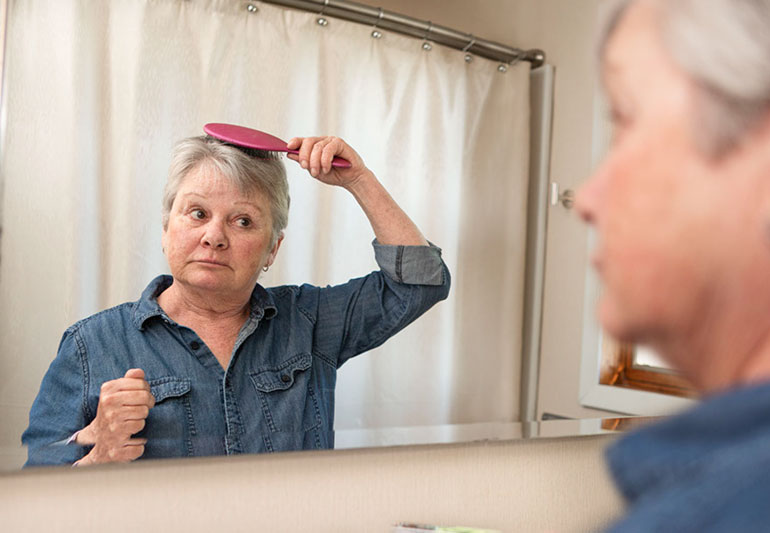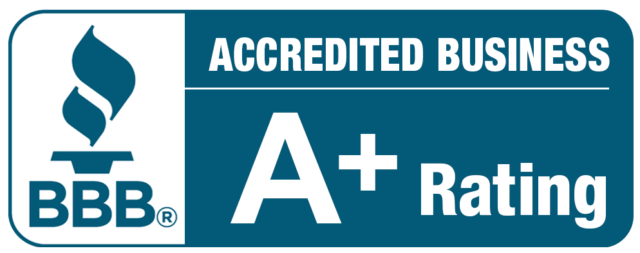Hair loss is a common concern for older adults, with many experiencing thinning hair or baldness as they age. The medical term for hair loss is alopecia, and it can have a significant impact on an individual’s self-esteem and quality of life. In this article, we will explore the common causes of hair loss in older adults and discuss available treatment options.
What Causes of Hair Loss in Older Adults?
Hair loss can be caused by a variety of factors. However, the most common causes of hair loss in older adults include:
-
Aging: As we age, the rate of hair growth slows down, and hair follicles shrink, leading to thinner hair or baldness.
-
Hormonal changes: Another cause of hair loss in older adults is hormonal changes. Both men and women experience changes in their hormonal levels as they age, which can contribute to hair loss. In men, testosterone levels decrease, leading to male-pattern baldness. In women, menopause can cause a decrease in estrogen levels, which can result in thinning hair.
-
Genetics: Hair loss can run in families and is often inherited from parents.
-
Medical conditions: Certain medical conditions, such as thyroid disorders, autoimmune diseases, and scalp infections, can cause hair loss.
-
Medications: Some medications, such as chemotherapy drugs and blood thinners, can cause hair loss.
What Treatment Options Are Available to Older Adults Facing Hair Loss Problems?
Hair loss can cause a reduction in self-esteem and love for oneself. Facing hair loss problems is not the end of the world. Medical and artificial solutions have been developed over the years to help make people at this table feel great and have healthy self-esteem. Here are some treatment options open to older adults facing hair loss problems:
-
Use of Medications: Two FDA-approved medications, minoxidil, and finasteride can be used to treat hair loss in both men and women. Minoxidil is a topical solution applied to the scalp, while finasteride is taken orally. Both medications work by promoting hair growth.
-
Hair transplant surgery: Hair transplant surgery involves moving hair from areas of the scalp with thick hair to areas with thin or no hair. This procedure can be expensive and is often not covered by insurance.
-
Low-level laser therapy: Low-level laser therapy involves using a special comb or helmet that emits low-level laser light to the scalp. This treatment can stimulate hair growth and thicken existing hair.
-
Use of Wigs or hairpieces: Wigs or hairpieces can be a non-invasive option for those looking to cover up their hair loss. They come in a variety of styles and colors to match an individual’s hair.
-
Lifestyle changes: Maintaining a healthy diet and exercise routine can help promote hair growth. Additionally, avoiding harsh hair treatments and excessive heat styling can prevent further hair damage.





